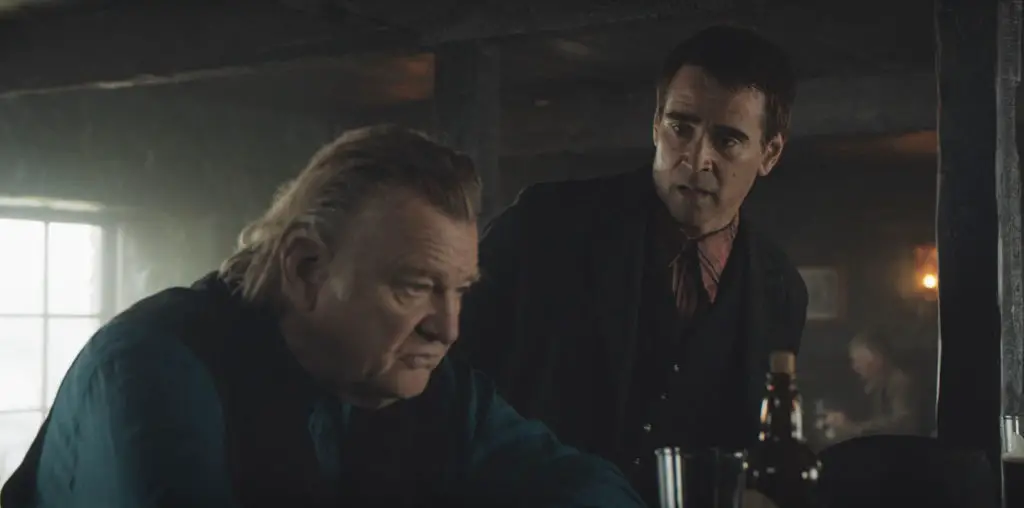
Few hospitals would rip a baby out of its mother’s womb without anesthesia. Fewer still would wait until she passed out and then give her baby to the nearest crack head without at least saying they were sorry. Some would say comparing a movie to a child is heartless and exaggerated. Anyone who’s ever tried to make a movie will find it to be an understatement. While putting his heart and soul into his prequel to “The Exorcist,” Paul Schrader never expected to have it ripped away and remade by another filmmaker. This documentary shows the unexpected path the movie took and helps explain why Hollywood excels at putting out mediocre movies.
I always find it amusing how few movie executives understand movies. They think test screening after test screening will make a movie better. They don’t understand how to read the cards, but use the information anyway. They read the screenplay and know the filmmaker’s reputation, but are surprised when the film is a simple combination of these two elements. According to this documentary, the studio was happy during the making of Schrader’s film. It was only afterward that they developed buyer’s remorse.
It’s never easy to get used to being punched in the balls. It takes a special type of person to not only keep coming back, but have a sense of humor about it. It may be due to an unexpected redemption, but Schrader is less bitter than you’d think. He is pained by what has happened, but lets his humor shine through. He knows he made the best film he could, which makes this film powerful and heartbreaking.
Many of the people who make movies are more interesting than the movies they appear in. I have admired Stellan Skarsgård’s acting, but never thought of him as a funny guy. His riff on Hollywood is both hilarious and perceptive. His vision of a “Rambo” film made by Ingmar Bergman is a highlight and illustrates the theme of the film in a few simple sentences.
Most documentaries live or die on who they are able to talk to or what happens on camera. This film would have been improved if we could have heard from someone who dropped Schrader’s film. Much of the action is also recounted after the fact, and the audio is not as crisp as it could be. Despite these flaws, Tim Silano has crafted a simple film that shows how little Hollywood cares about filmmakers, and why Hollywood usually makes such poor product.
